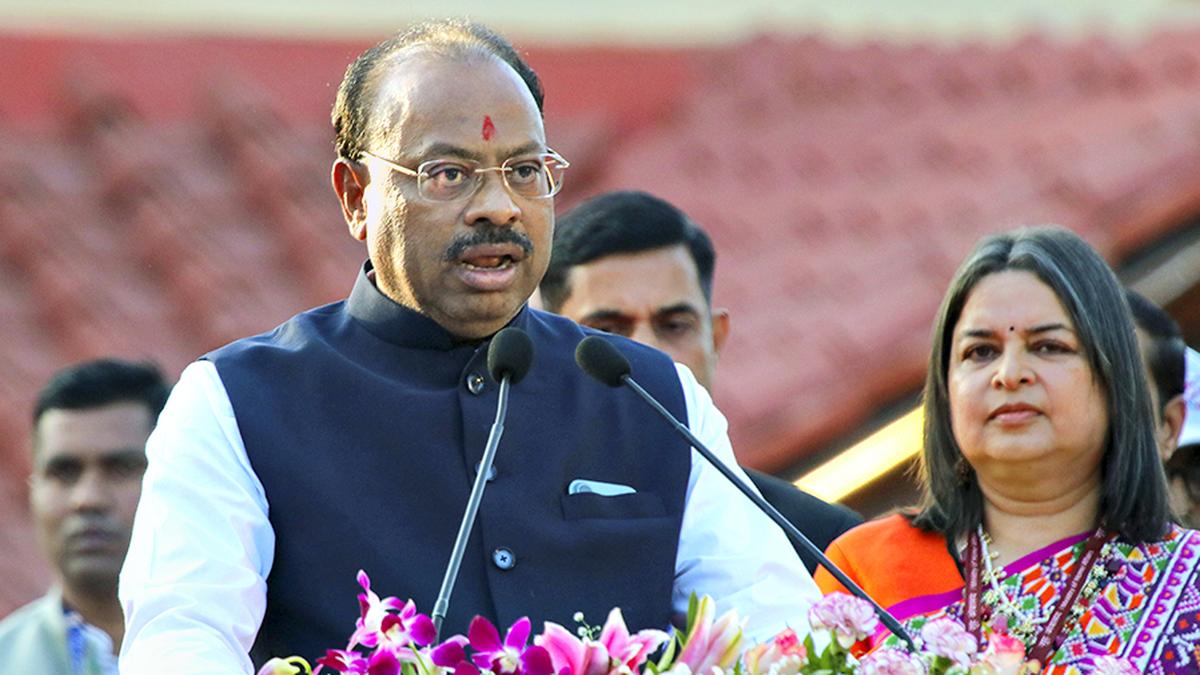Now Reading: Maharashtra BJP Chief Bawankule Calls on Workers to Attract Congress Leaders
-
01
Maharashtra BJP Chief Bawankule Calls on Workers to Attract Congress Leaders
Maharashtra BJP Chief Bawankule Calls on Workers to Attract Congress Leaders

Quick Summary
- Maharashtra BJP chief chandrashekhar Bawankule clarified comments following the viral spread of an audio clip where he reportedly urged party workers to “empty the Congress” by inducting its leaders. He stated that his remarks were distorted but affirmed that BJP’s doors remain open for Congress members seeking development.
- In the viral audio, Mr. Bawankule assured BJP workers priority in ticket distribution over new Congress entrants, while encouraging recruitment of influential figures like Sangram Thopte into BJP.
- Recently, prominent Congressman Sangram Thopte joined BJP and Ravindra Dhangekar shifted to Shiv Sena.
- Responding to criticism, congress MP Varsha Gaikwad defended her party’s ideological foundation and advised Mr. Bawankule to focus on internal matters within the BJP.
- Separately,protests erupted in Purandar over land acquisition for a proposed international airport in Pune. Stone pelting occurred after drone surveys led villagers to clash with police using tear gas and lathicharge; over 150 protestors were booked.
- Maharashtra revenue Minister Chandrashekhar bawankule promised farmers “the best possible deal” but warned no policy reversal regarding airport plans.
Indian Opinion Analysis
The remarks made by Chandrashekhar Bawankule reveal a strategic push from Maharashtra’s ruling BJP aimed at weakening opposition parties through political realignments at booth-level leadership. This highlights ongoing efforts to consolidate power ahead of elections by leveraging defections from rival camps like Congress-a tactic not uncommon but likely impactful given recent shifts such as Sangram Thopte joining BJP.
On another note, tension surrounding land acquisition for infrastructure projects like Purandar Airport underlines mounting concerns about balancing developmental ambitions with local community interests. While promises of fair compensation signal government acknowledgment of farmers’ demands, violent clashes emphasize growing dissatisfaction among affected populations-perhaps challenging public trust toward state-led initiatives if grievances remain unaddressed.
For further details: Read More

























